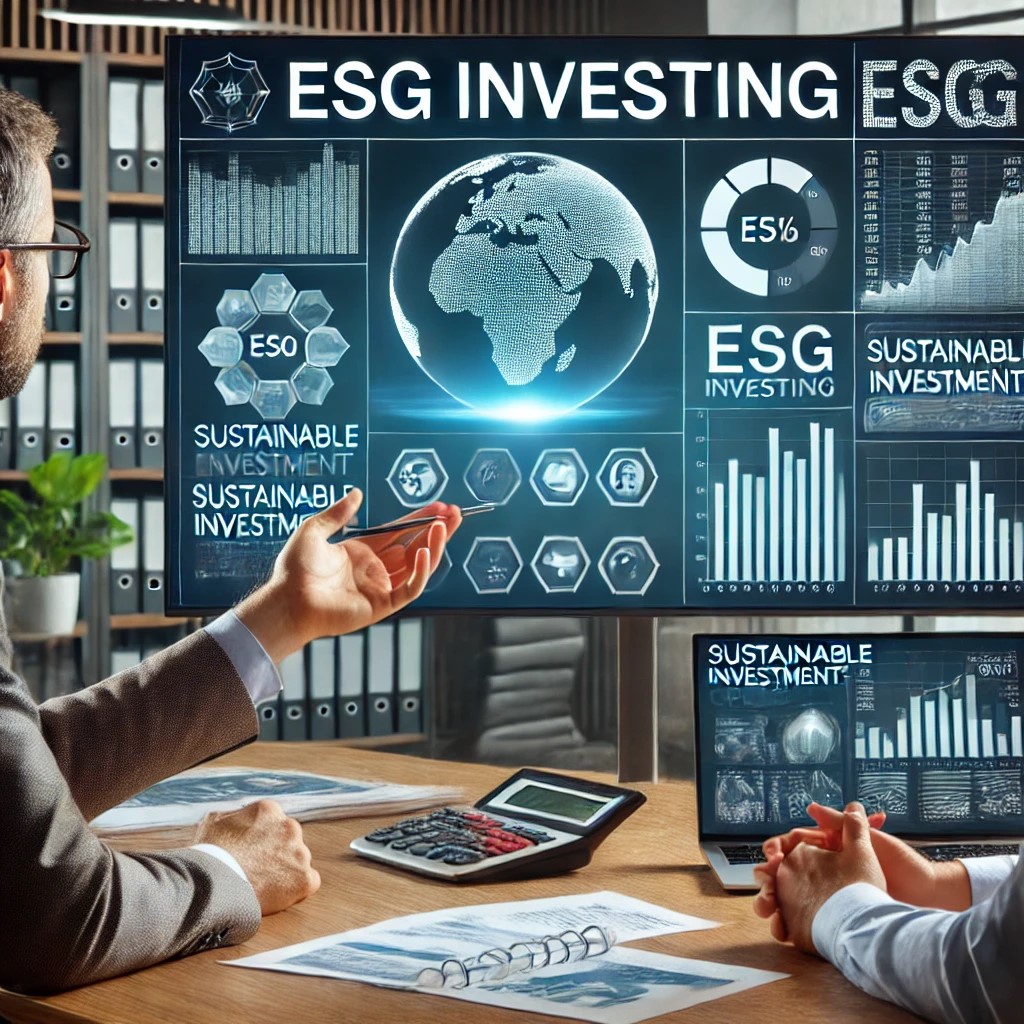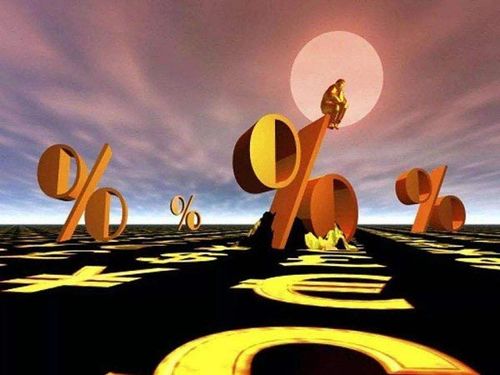The foreign exchange market, or Forex, is the largest and most liquid financial market in the world, where currencies are traded 24 hours a day, five days a week. This global marketplace offers significant opportunities but also comes with its set of challenges, especially for beginners. This guide aims to demystify Forex trading, highlighting current trends and offering insights into future developments.
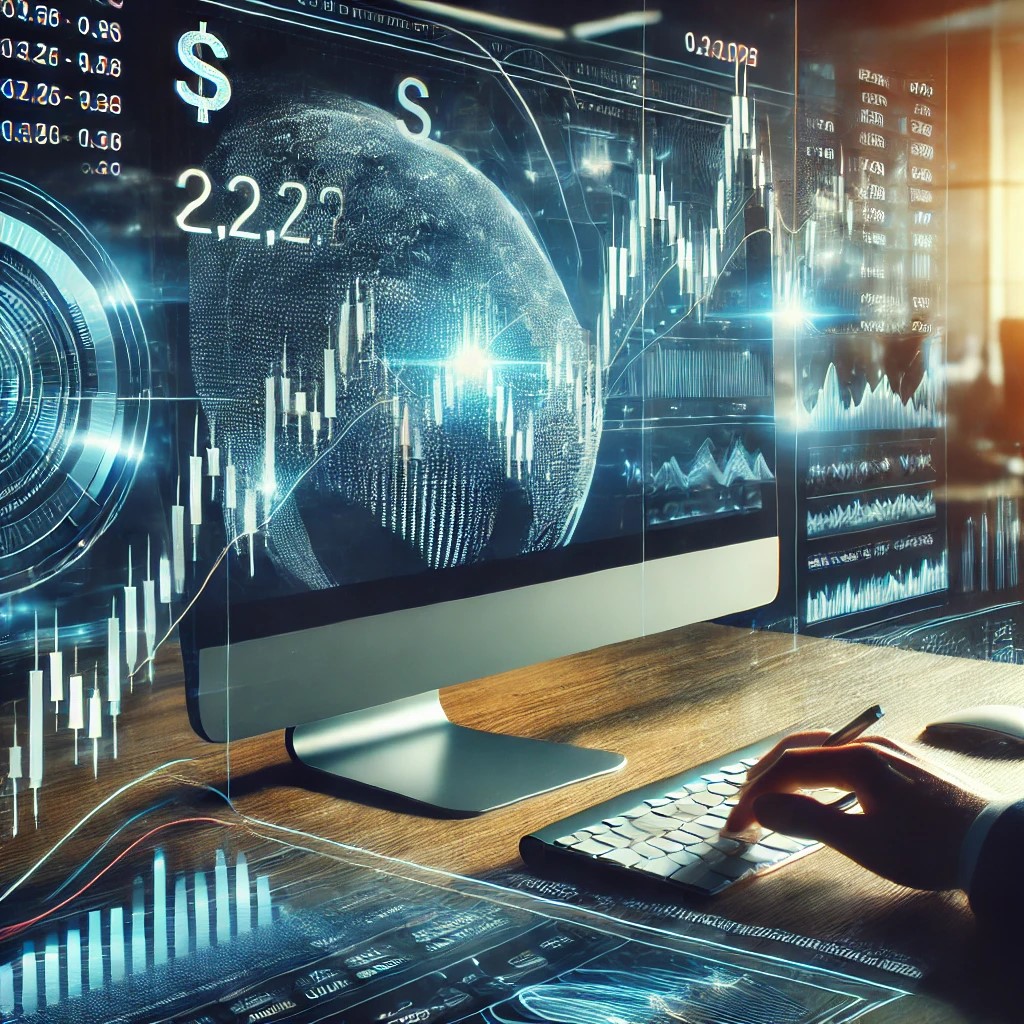
Basics of Forex Trading
Forex trading involves buying one currency while selling another, primarily for speculative purposes. The goal is to profit from changes in the exchange rates between two currencies. Forex markets are quoted in pairs, for example, EUR/USD, which represents the Euro against the US dollar. Traders make decisions based on various factors including economic indicators, interest rates, and geopolitical events that may affect the strength of a currency.
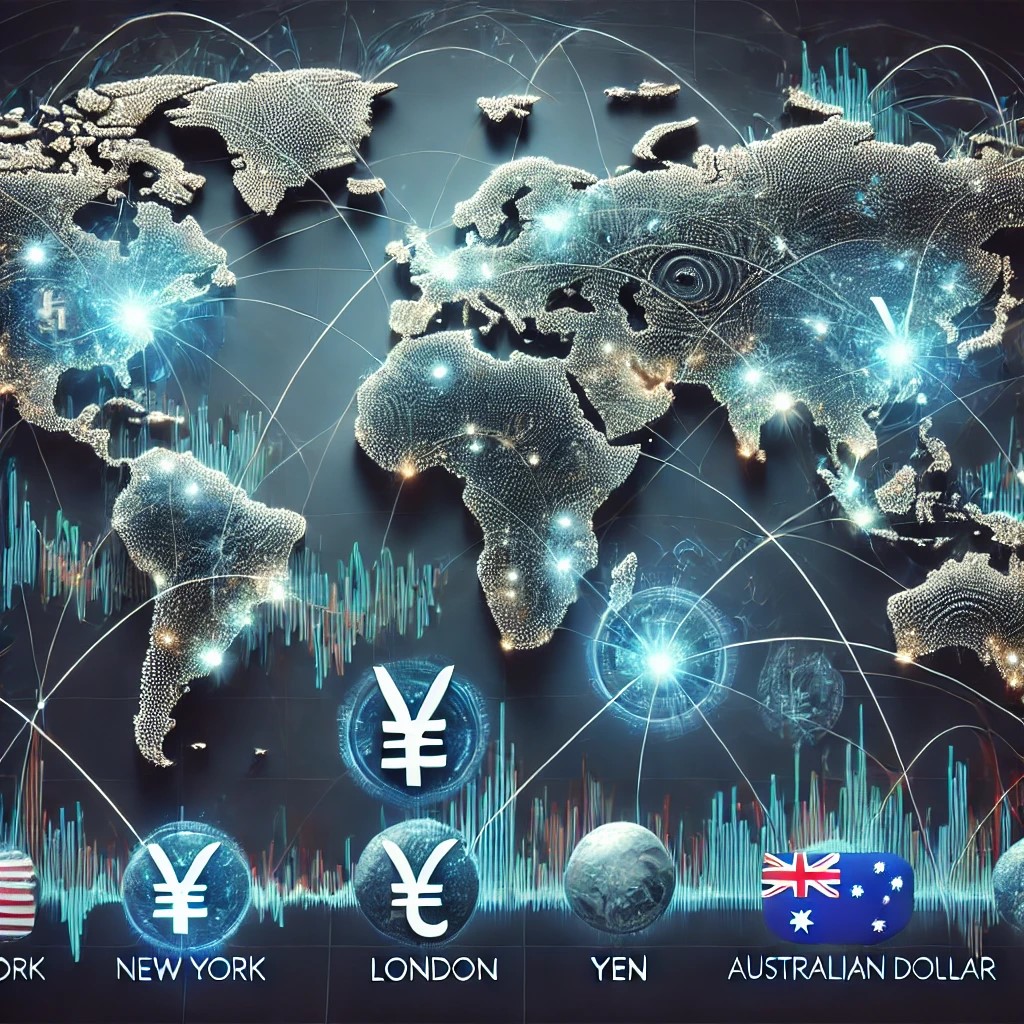
Current Trends in Forex Trading
One of the most notable trends in the Forex market is the accessibility and popularity of online trading platforms. These platforms have democratized access to global currencies, allowing even novice traders to participate from anywhere in the world. Additionally, the integration of advanced analytical tools and trading algorithms has also transformed how traders interact with the Forex market, enabling more precise and automated trading decisions.
Social trading has also emerged as a significant trend. Platforms like eToro allow traders to mimic the moves of experienced traders, making it easier for novices to learn and succeed in Forex trading by leveraging the expertise of others.
Leverage and Its Effects
Forex markets are unique in the degree of leverage they offer. Leverage allows traders to gain a much larger exposure to the market than the amount they deposited upfront. However, while leverage can magnify profits, it can also amplify losses, making it a double-edged sword that must be handled with care, especially by those new to the market.
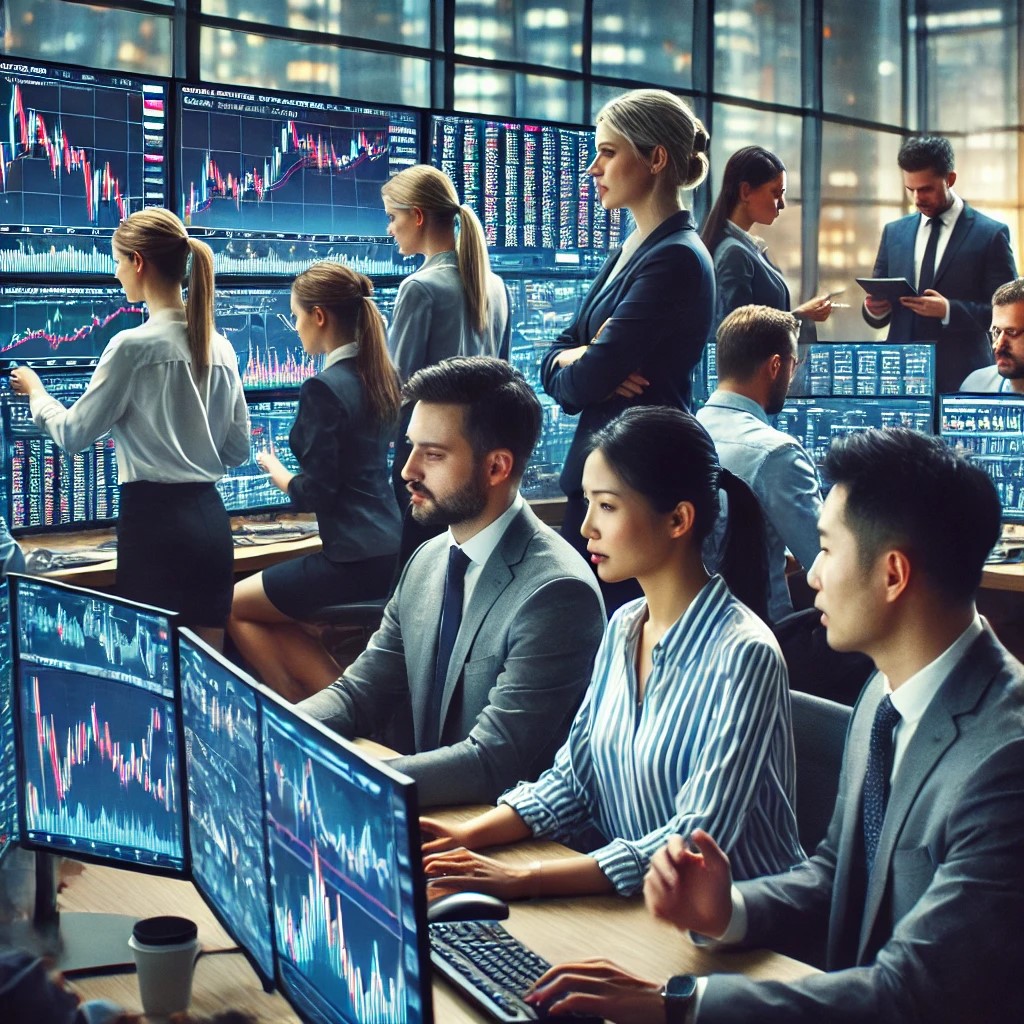
Future Predictions for Forex Trading
Looking ahead, the Forex market is expected to become even more integrated with technological advancements. The rise of blockchain technology is anticipated to increase transparency and reduce the costs of currency transactions, potentially altering how currencies are traded and managed globally.
Artificial intelligence (AI) is expected to play a more significant role in predictive analytics, helping traders make more informed decisions by analyzing large volumes of data to predict currency movements more accurately. Moreover, as global trade continues to evolve, the demand for Forex trading will likely grow, driven by the need for currency exchange in international trade transactions.
Conclusion
For beginners, understanding the Forex market is crucial before diving into trading. It requires a good grasp of market fundamentals, an awareness of current trends, and a cautious approach to leverage and risk management. With the right knowledge and tools, however, participating in Forex can be an enriching financial activity that offers valuable insights into the dynamics of global financial markets. As the market continues to evolve with technological advances, staying informed and adaptable will be key to success in Forex trading.



